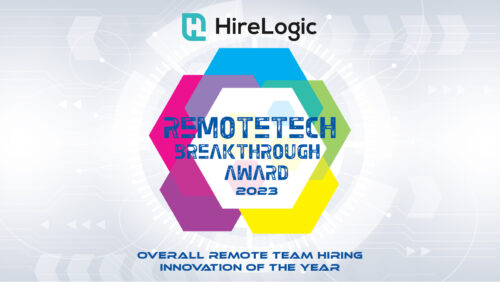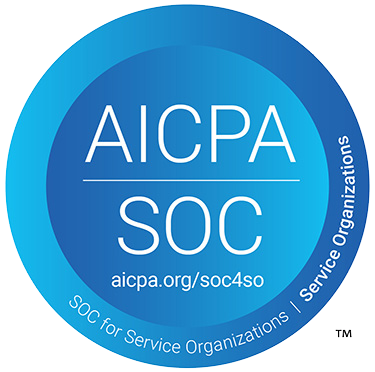Gen-Z is composed of individuals born from the mid-1990s to the early 2010s. As they enter the workforce their choices are reflective of the world they have grown up in, and this is most evident in their preference of work environment. Their priorities are different, and in order to appeal to them, there are some key considerations an employer should keep in mind while looking to hire talent from within this generation.
1. TECHNOLOGY
Being a generation that has been brought up steeped in technology, Gen-Zers tend to be huge advocates of ‘tech-savvy’ workspaces. This involves creating a work environment that is digital-first and has automation at the forefront of their digital transformation journey. It also includes an appealing social media presence, which is what can attract Gen-Zers to organizations in the first place.

2. AUTONOMY
Micro-management is a thing of the past. In the current work atmosphere, Gen-Zers prefer to have the autonomy to make suggestions that are heeded by the organization’s leadership. They come with fresh ideas and knowledge that can influence the way a company’s brand is perceived in the market. They like to feel heard, considered and respected.
3. FLEXIBILITY
Given the reality of living through a pandemic, the idea of flexibility has evolved from ‘fun’ workplaces (think Google) to having the option to work remotely. Saving on commute, being able to stay connected virtually and having the ability to choose your own work hours are key motivators for Gen Z when it comes to choosing an organization to work with.
4. SOCIAL RESPONSIBILITY
Gen-Z has grown up in age of recessions, turbulent political climate and what has become a near-constant lack of job security for their predecessors. As a result, they tend to look for companies with a moral compass that aligns with their personal values. They want organisations to see them as not just a cog in a machine but as actual human beings. They also no longer look at themselves as individuals, but as part of a larger society and want to work with organizations that understand this, and actively work towards supporting communities that their employees are from. Concepts like workplace diversity and inclusion, environmental responsibility and mental health awareness are some of the key things they look for.
5. LEARNING AND DEVELOPMENT
In a fast-evolving world, Gen-Zers are more likely to expect their company’s leadership to invest in up-skilling them to be ready for the next challenge. They want to be proficient at what they do and want employers to consider their potential and help chart out their journey upward. Be it short courses, or sending them for company-sponsored further studies, Gen-Zers want to be relevant tomorrow.
Establish your organization’s “cultural baseline” can help you determine the gap, if any, between GenZ candidates’ workplace expectations and your company.




